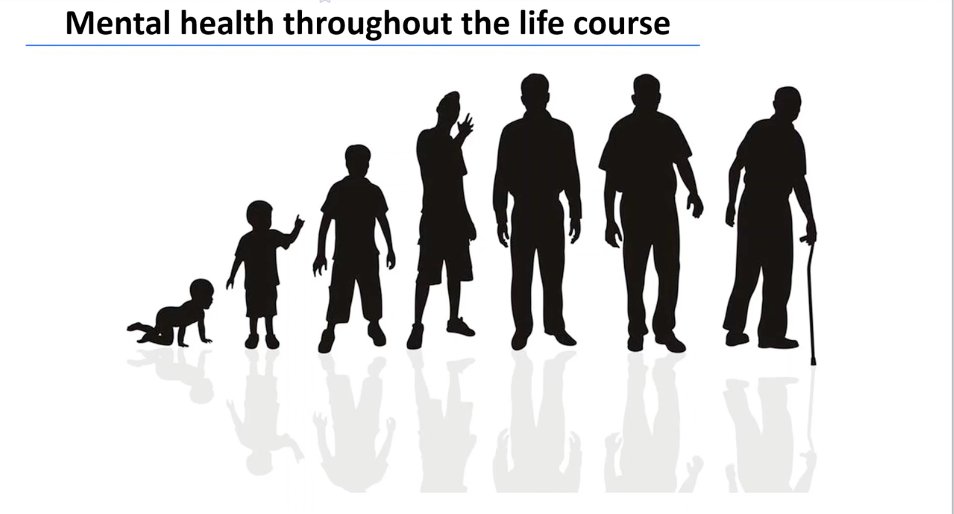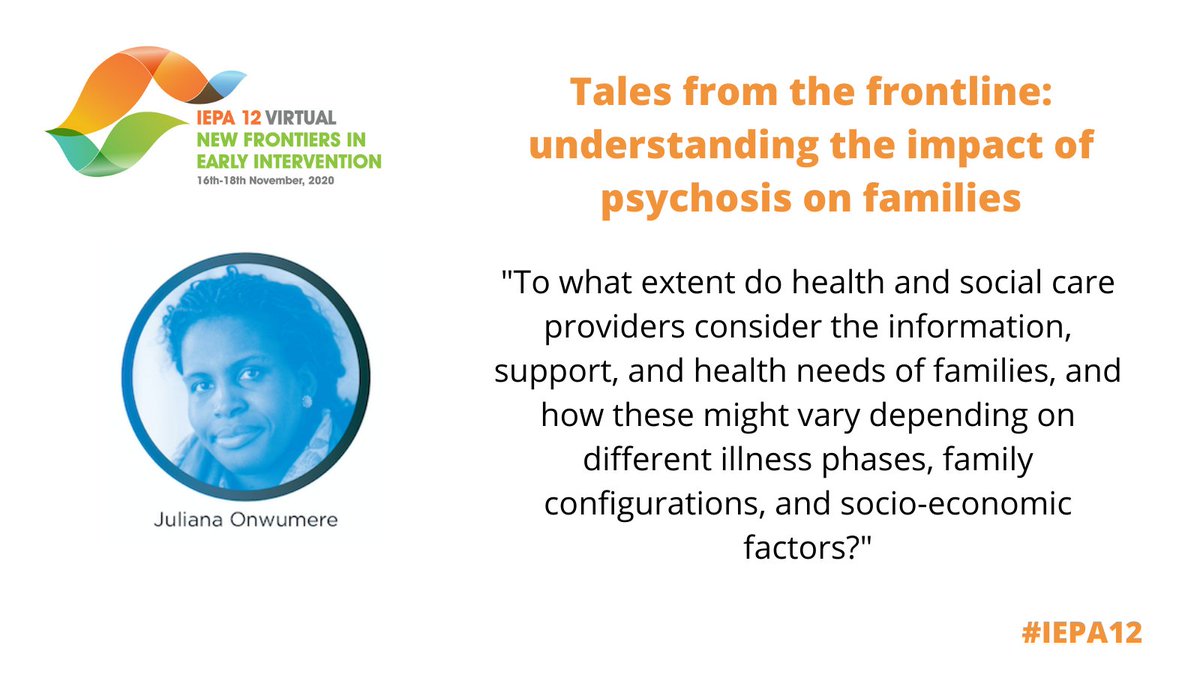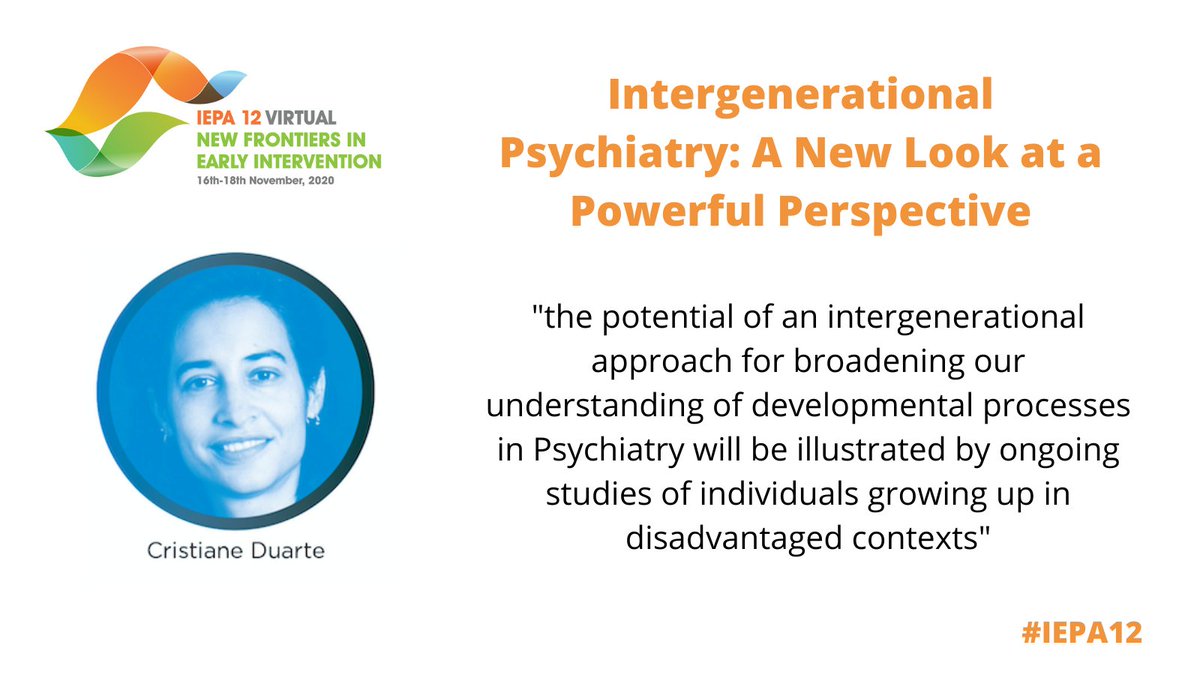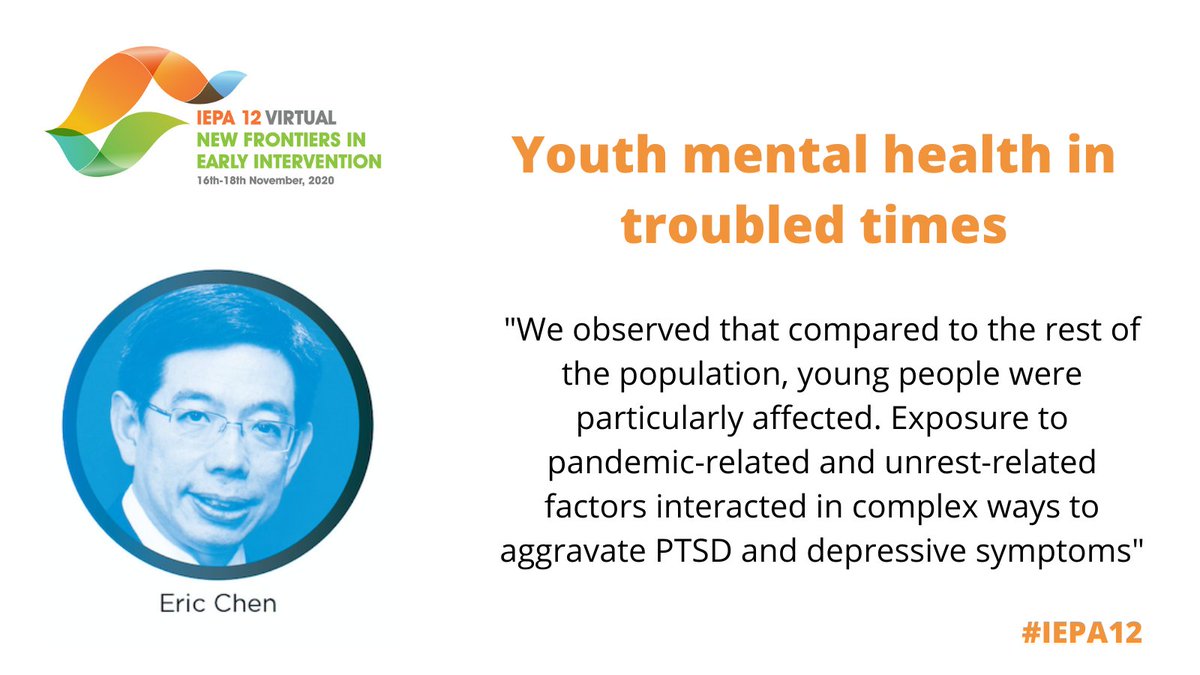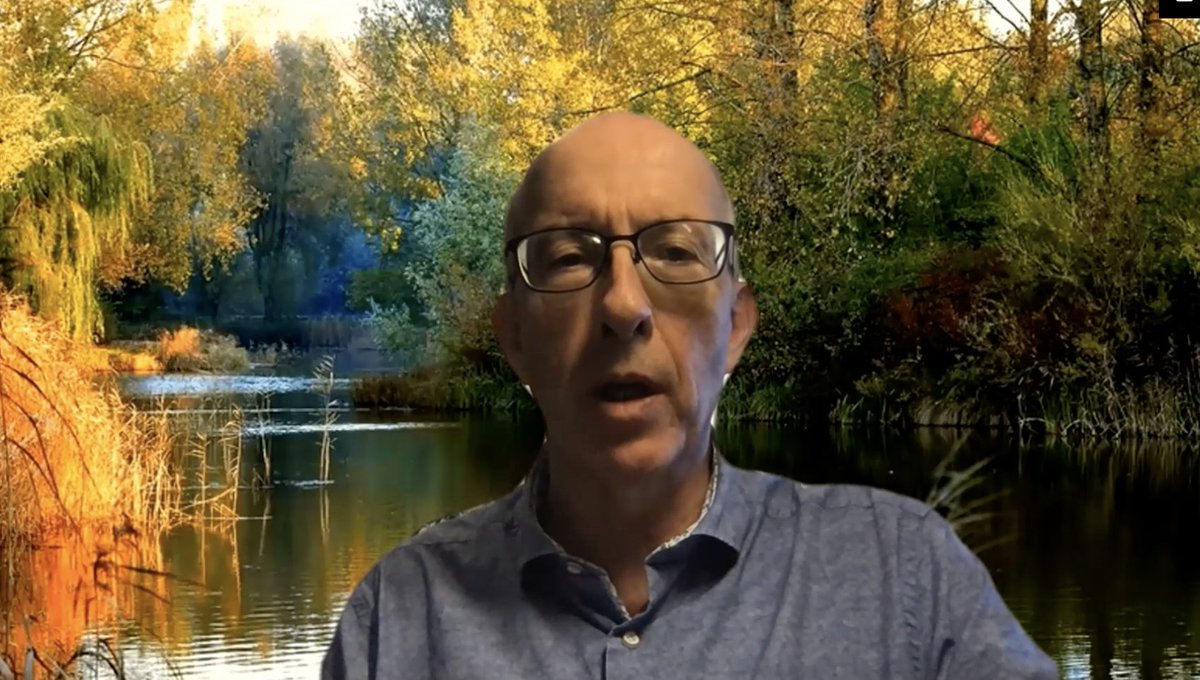
New frontiers in early intervention
THREAD
🗺 #IEPA12 🗺
We’re reporting live from this international early intervention in mental health conference over the next two days. Covering 11 talks by brilliant speakers from around the world. Here’s what you have to look forward to…
THREAD
🗺 #IEPA12 🗺
We’re reporting live from this international early intervention in mental health conference over the next two days. Covering 11 talks by brilliant speakers from around the world. Here’s what you have to look forward to…

8-11pm GMT Mon 16 Nov:
@PatMcGorry - Next Stage for Early Intervention: Transdiagnostic, Personalized, Universal
Jean Addington - North American Prodrome Longitudinal Study
@gsalumjr - Prevention & Early Intervention in LMICs
#IEPA12
@PatMcGorry - Next Stage for Early Intervention: Transdiagnostic, Personalized, Universal
Jean Addington - North American Prodrome Longitudinal Study
@gsalumjr - Prevention & Early Intervention in LMICs
#IEPA12
9am-12pm GMT Tue 17 Nov:
@ArayaBaltra_R - Prevention of emotional disorders
@golam_khandaker - Immune system
@pimcuijpers - Preventing depression
Eric Chen - Youth mental health in troubled times
#IEPA12
@ArayaBaltra_R - Prevention of emotional disorders
@golam_khandaker - Immune system
@pimcuijpers - Preventing depression
Eric Chen - Youth mental health in troubled times
#IEPA12
7-10.30pm GMT Tue 17 Nov:
Cristiane Duarte - Intergenerational Psychiatry
@Families_MH - Understanding the impact of psychosis on families
@L_Arseneault - Bullying & loneliness
@RodrigoAffonse1 - Brazilian High Risk Cohort Study
#IEPA12
Cristiane Duarte - Intergenerational Psychiatry
@Families_MH - Understanding the impact of psychosis on families
@L_Arseneault - Bullying & loneliness
@RodrigoAffonse1 - Brazilian High Risk Cohort Study
#IEPA12
Follow #IEPA12 and join the conversation!
@sjriches will be posting from the @IEPAnetwork account and we elves will be tweeting it large as per usual @DafniKatsampa @LHemming123
@EoinKillackey @Lucia_Valmaggia
iepaconference.org/iepa12/keynote…
@sjriches will be posting from the @IEPAnetwork account and we elves will be tweeting it large as per usual @DafniKatsampa @LHemming123
@EoinKillackey @Lucia_Valmaggia
iepaconference.org/iepa12/keynote…
• • •
Missing some Tweet in this thread? You can try to
force a refresh





